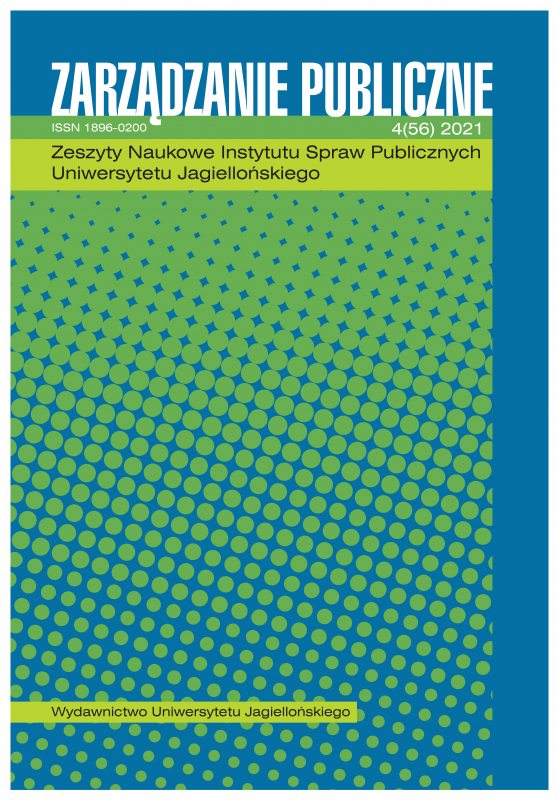Religiosity, conservatism, and value preferences as predictors of attitudes towards science
Religiosity, conservatism, and value preferences as predictors of attitudes towards science
Author(s): Aleksandra ZajasSubject(s): Social Sciences, Sociology, Theology and Religion, Methodology and research technology, Applied Sociology, Social development, Health and medicine and law, Sociology of Culture, Environmental interactions, Social Norms / Social Control
Published by: Wydawnictwo Uniwersytetu Jagiellońskiego
Keywords: science skepticism; anti-science; value preferences; climate change denialism; vaccine hesitancy; anti-evolutionism
Summary/Abstract: Anti-science attitudes and movements have been attracting more, and more attention of researchers in the past years, especially during the pandemic. Anti-science attitudes can be defined as a dismissal of established, and empirically confirmed scientific facts for reasons that are not scientifically grounded. Previous research in social psychology has consecutively shown that this phenomenon can be predicted much better by ideological, and worldview variables than by education level. The aim of this research was to examine the role of religiosity, political orientation (conservatism), and individual value preferences in predicting four attitudes towards science, i.e.: climate change denialism, vaccination skepticism, anti-evolutionism, and general positive belief in science. The study was carried out according to the quantitative research paradigm. Hierarchical regression analysis was applied to test the predictive power of each independent variable. For each dependent variable a 3-step regression analysis was carried out, with age as control variable added in step 1, religiosity, and conservatism added in step 2, and 12 values preferences in step 3. The highest correlation could be observed between religiosity, political conservatism, anti-evolutionism, and Tradition value preference. The strongest negative correlations appeared between Universalism, and Power preference, as well as between belief in science, and anti-evolutionism. Conservatism was a positive predictor of climate change denialism, and Universalism preference predicted it negatively. Vaccine skepticism regression analysis did not bring any significant results. Anti-evolutionism was influenced by religiosity, and conservatism, as well as a lower preference of Security, Conformity, and Universalism values. Belief in science was positively predicted by Security preference, and negatively predicted by religiosity, and Tradition preference.
Journal: Zarządzanie Publiczne
- Issue Year: 56/2021
- Issue No: 4
- Page Range: 195-210
- Page Count: 19
- Language: English

